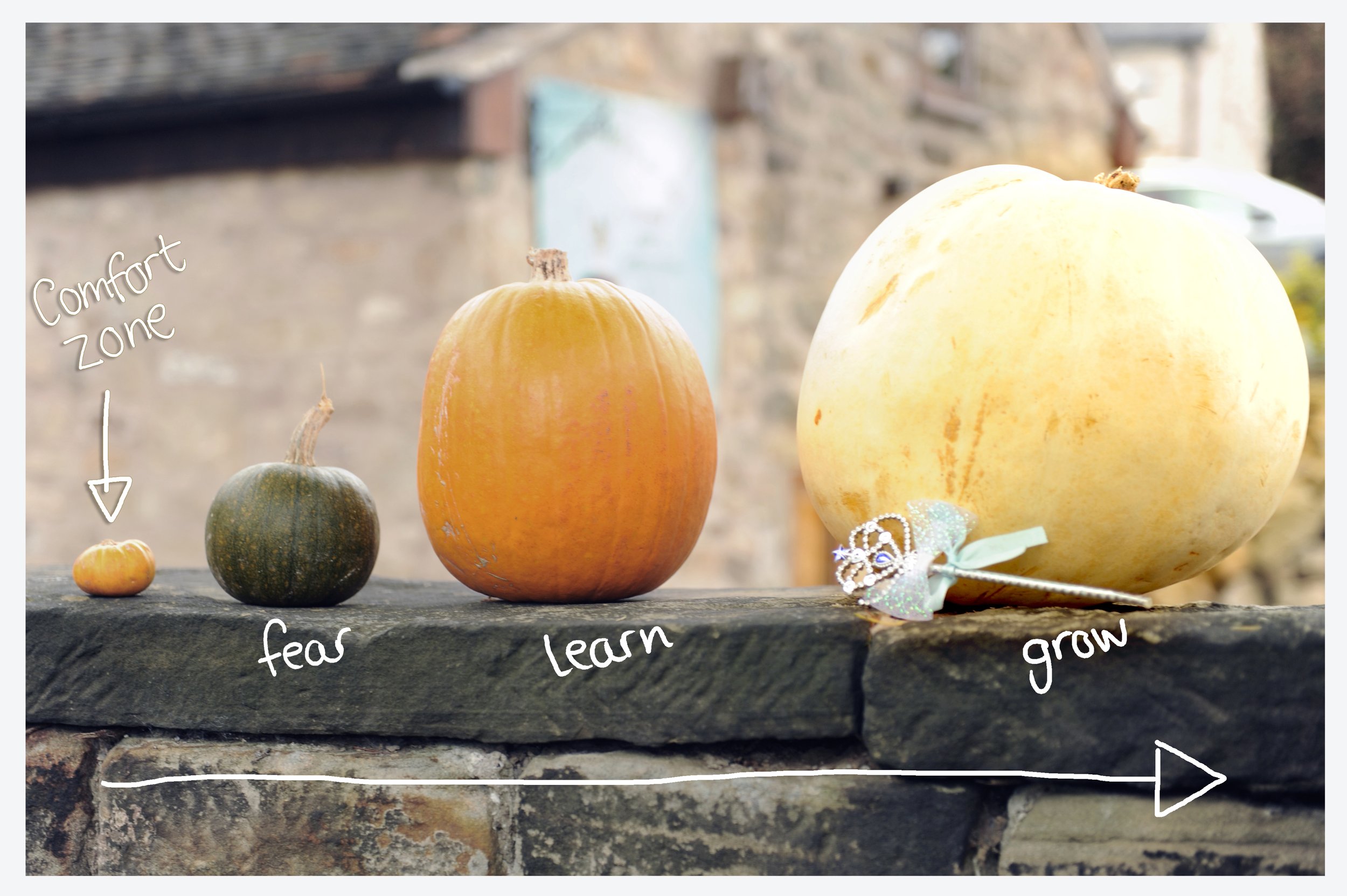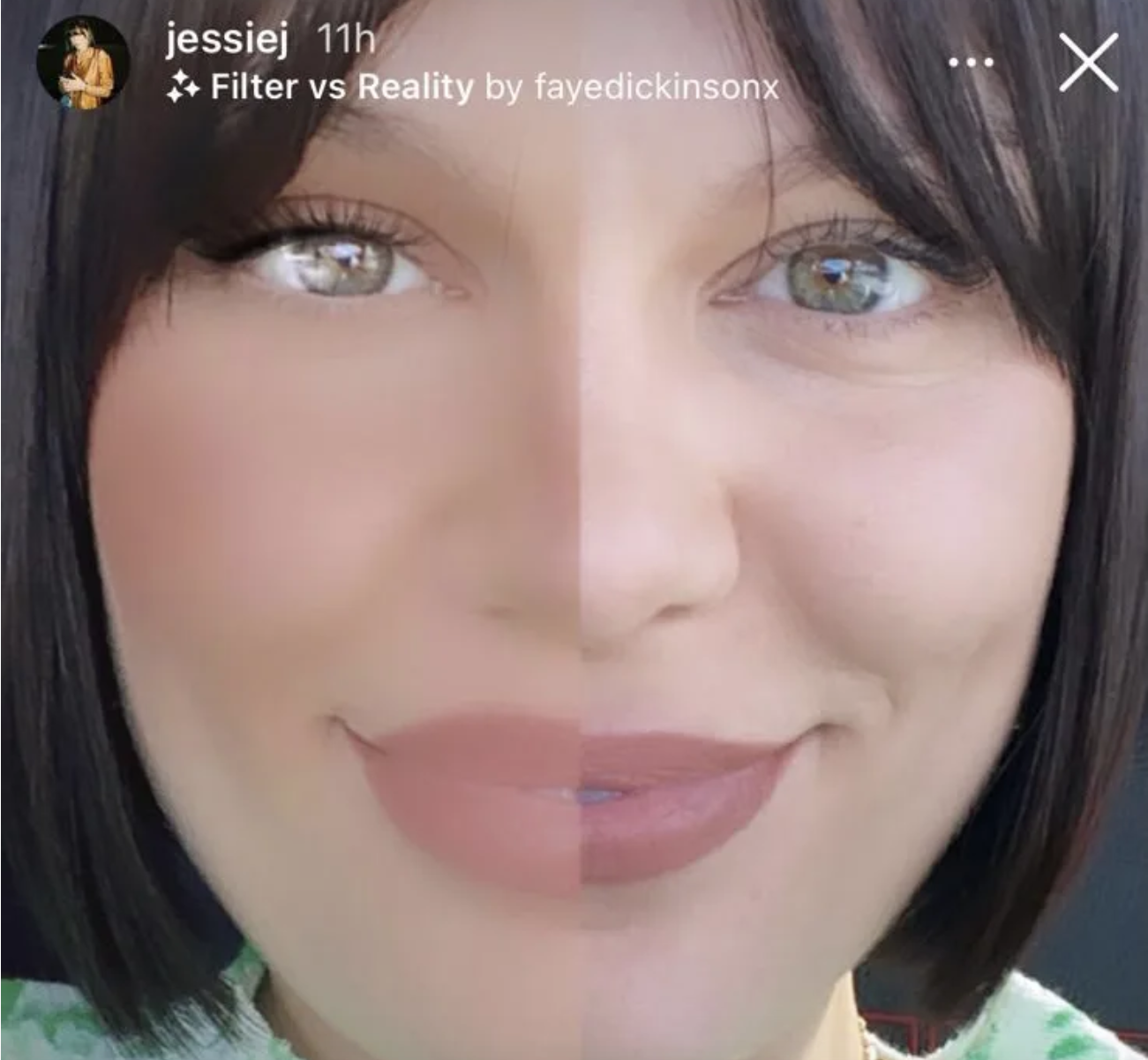How can photo filters affect my self confidence?
It’s 2022. Technology is advancing at speeds we never thought were imaginable even 20 years ago… Robots that are now beginning to take over our homes and help with every day chores (can you tell I’m thrilled with “Robert”, my robot hoover, which I received for Christmas?!) and digital media is well and truly a part of our modern, daily, lives.
I am hugely concerned, though, at how readily available some technologies are becoming to are scrolling based finger tips without a real education, thought or awareness by the general public.
Back in the Autumn, we looked at the importance of taking a step out of our individual comfort zones. I mentioned the phrase “anti fragile”, coined by Nasim Taleb in 2012, which described it as a moment where individuals “thrive and grow when exposed to volatility, randomness, disorder, and stressors.” How are we meant to have these “anti fragile” moments, and learn to become more resilient, if technology is going to put a filter - a barrier, wall or fictitious cover - over something that until a filter was used, was real?
There’s a growing bank of research which proves filters are bad for our mental health and well being. For example, in 2017 Cognitive Research: Principles and Implications found that manipulated images are only recognised 60% to 65% of the time. This means that us, as general public, are not realising when an image of another human is mainpulated leading us to believe that what we see is that subject in their true form - their “real” looks. Even scarier, there is currently nothing in UK law which instructs an advertiser to say when a filter has been used or when a face and/or body has been digitally manipulated in some way.
As computer games, for example, strive to be more and more like “real life” we actually find our western society striving to look less and less human. Take a look at this screenshot from JessieJ’s instagram and you’ll see what I mean. She’s used Faye Dickinson’s filterVSreality filter to be able to show the difference. I’m sure we all remember that Facebook leak, last year, where their own research found that social media use negatively impacts mental health, increasing the risk of anxiety, body dissatisfaction, low self esteem, depression and suicidal thoughts.
Photo not taken by us… Obviously!
Even the Clinical Director of Mental Health at Bupa UK, Pablo Vandenabeele, has been quoted saying that “Your self-esteem and life satisfaction can be negatively affected, particularly after using image-altering filters that ‘beautify’ your appearance. These can set an unrealistic expectations and may lead to people striving for a very narrow concept of ‘perfection’.”
There are some positive steps, though, as we begin to find our way through 2022. The UK media is beginning to report research which proves filters can be bad for your mental health. Magazines such as Marie Claire are spending time interviewing professionals and putting articles together to start to educate the general public on why we need to be stepping away from this form of technology. The Leicestershire based GP and MP, Dr Luke Evans, has put together a campaign - #RecogniseBodyShape - in which he hopes will gain the 10,000 signatures for it to be debated in parliament.
As you all know, I believe the work of Be Bold Be You goes way beyond the camera. I also believe that our own industry and the commerical portrait market need to be making changes to ensure that the final images they present to sell to clients are true representations of the client’s that have commissioned them to create such portraits. In fact, it is the lack of client care - from both professional industry based bodies through to the photographers - plus the stories of our own BBBY tribe and clients that have led both James and I to create the #uckTheFilter campaign for 2022.
“As social media now plays a huge part in many people’s lives, it’s important that we remind men and women, of all ages, that - sadly - social media comes with many filters, whether it be photography based and/or with people’s stories. The ethos of Be Bold Be You has always been to stay true to yourself and, to quote Oscar Wilde, “everyone else is already taken”.”
This campaign has been created with the BBBY ethos at its very heart. We will be working with real women in our professional studio to show both them and the general public that a bit of understanding in our own bodies as well as how to dress our shapes alongside a basic understanding of light and posing can create a stunning - and honest - portrait without the use of any photographic filters. We cannot change the world, but if we can create a better understanding of our human needs - in both physical and mental well being - then we can help create a bigger stride towards improved mental health and less reliance on those filters.
There is no criteria to meet in terms of look, body shape and/or personal image to be able to take part in this campaign! Our campaign for 2022 will see us campaigning to promote body positivity and educate those on the importance of preserving your mental health when using social media. A huge part of this is ensuring that there is an understanding of what filters can and can’t achieve and the knock on effects these filters can have on our own wellbeing if not used accurately and in a healthy way.
This year we need you to say #uckTheFilter.
We want you to stand true to who you are.
Be Bold, be brave and be You.
PRESS ENQUIRIES: please click here to contact us directly.





